As the Canadian dispensary market heats up and standards continue to accelerate, a new wave of independent retailers is blazing a path forward with immersive design experiences aimed at wooing consumers back to in-person shopping. At the head of the pack: Alchemy, offering a novel exploration of design-led cannafuturism steeped in memorable experiences, sensory immersion, and Instagrammable moments.
“Our primary focus was to make the space experiential,” said owner Richard Browne, a former triathlete who, until opening Alchemy, operated a high-end bike store in the same building. “We wanted everything to have majesty and inspire awe like a museum, but a museum where you can touch, feel, and interact with the elements.”
A thread of playful interaction courses through Alchemy. It’s directly evident in the arhythmic, flowing form of the interior design, which shuns a consistent material, shape, or tone to keep the experience fresh and spontaneous.
Liberation from tradition
The interior is a collaboration between Browne and sought-after multidisciplinary designer Paolo Ferrari, who specializes in interior design for retail, bars, and restaurants as well as custom furniture and “objects.” Ferrari built his considerable reputation at internationally renowned interior design firm Yabu Pushelberg; his eponymous firm’s clients include luxury icons Four Seasons, Viceroy, and LVMH.
Liberated from any notions about conventional dispensary design, Ferrari was tasked with exploring what a cannabis retail experience could be. “Alchemy was focused on uncovering a distinctive brand language while rejecting staid cannabis clichés and delivering a cerebral experience infused with artistry, nature, and technology,” he said.
Upon entering Alchemy, guests are greeted by a sprouting plant installation basking in a halo of light “reminiscent of a specimen in a laboratory,” according to the designer. The walls are punctuated by tiny digital screens displaying kaleidoscopic visuals and acting as a voyeuristic point of discovery while guests wait. “For us,” Ferrari said, “the act of waiting was handled with as much consideration as the in-store shopping experience. It is all part of the journey.”
The shop floor is an eccentric symphony of colors, shapes, and materials where soft and strong geometry coexist. A whitewashed ash table contrasts with utilitarian Corian fixtures and the aluminum ceiling, while neutral plaster walls appear alongside vibrant, color-blocked eco-resin surfaces that reference the packaging on display.
Flower is showcased in custom “smelling globes” with associated iPads detailing the terpene profile while guests sniff. Edibles are presented in domed vitrines like archaeological treasures in a museum. In addition to its more esoteric features, Alchemy has a stocked beverage fridge to satisfy increasing demand from consumers seeking alcohol alternatives.
The store’s lighting celebrates the transition from day to night and makes the most of the standalone building’s bountiful natural sunlight. “We wanted the lighting to shift as you move between retail zones, and we wanted the lighting and ceilings to elicit a distinct emotional response,” explained Ferrari.
Experiential immersion
All the elements come together to create a fully immersive space riding the wave of experiential retail that is expected to lure customers away from their screens in the post-COVID-19 world. Ferrari believes experiential elements should be imperative for all retailers moving forward. “This project is about celebrating the cannabis experience through a highly considered, multi-sensory environment,” he said. “If a retailer earns the privilege of a consumer stepping out of their online platform and into a physical retail space, that space had better be astounding.”
With the Alcohol and Gaming Commission of Ontario announcing last December it would approve applications for forty to eighty new dispensaries per month, competition in the province is at a fever pitch. Browne realized in order to stand out in a space that was filling quickly with highly capitalized competitors, he and Ferrari not only would have to make a grand entrance with arresting form, but also underpin the design with a rigorous discipline for function. “I felt we needed to spend extra money to do something aesthetically pleasing, but also to think very carefully about the areas where we could maximize the cannabis retail store,” said Browne.
The pair focused on information and rapid ordering. “If you want to go to the store and preorder and just grab your bag and go, you can do that,” Browne said. “But if you want to get the whole experience, you can spend an hour or two talking to an employee.”
Meeting the necessities of the moment within the pandemic, the store bolstered its online ordering capabilities, streamlined the in-store pick up process, and established a delivery radius of three miles. Alchemy has managed to fulfill most deliveries within an hour of receiving the customer’s order.
Alchemy’s team of budtenders and support staff have been integral to implementing the store’s systems. Browne recruited his staff from Toronto’s original ten stores, including The Hunny Pot and Tokyo Smoke. Thanks to his experience running a bike store, he’s acutely aware of the pivotal role staff members play in stewarding new and existing users comfortably through their cannabis journey and the pitfalls that accompany clumsy introductions. “Oftentimes when you go into a high-end bike store, the employees talk down to the customers and almost make fun of you,” he said. “That doesn’t make you feel comfortable at all. I didn’t want that kind of attitude or approach at Alchemy.”
International expansion
While the brand’s inaugural store continues to refine its personality, Browne is beginning to contemplate potential partnerships with craft growers. He envisions Alchemy-branded products on shelves and, eventually, expansion of the brand’s concept into additional markets. “Our direction was to complete this store and develop the mold so we can build more stores,” he said.
Conscious Alchemy’s avante-garde concept and capital-intensive design appeal to a narrower demographic than the average pot shop, Browne pinpointed the markets in which he believes the brand would resonate. “I would love to see a store open up in the [United] States, specifically New York or California,” he said. “I think the brand is perfect for both of those places—New York City, particularly.”
Ferrari believes Alchemy’s intentional approach to experiential design puts the brand ahead of the pack as it enters more crowded markets. “The challenge with the cannabis industry at the moment is there are far too many brands focused on opening transactional stores as quickly as possible without investing in developing a meaningful in-store experience,” he said. “With Alchemy, it was all about reimagining the cannabis experience.”
Alchemy
2464 Dufferin Street
Toronto, Ontario, Canada
AlchemyCannaCo.com







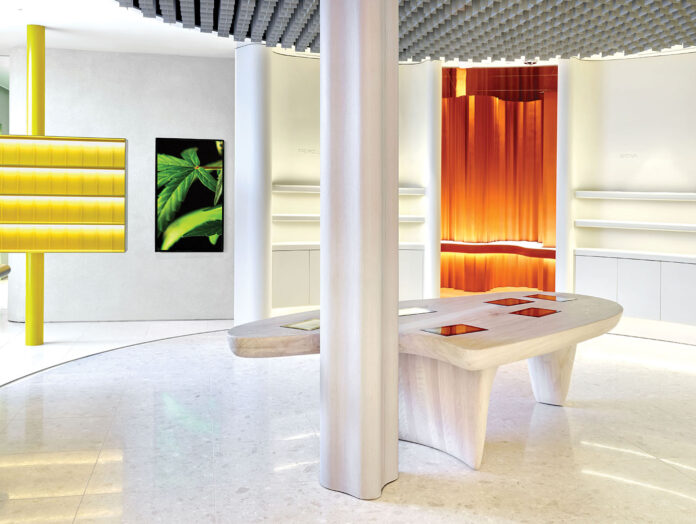
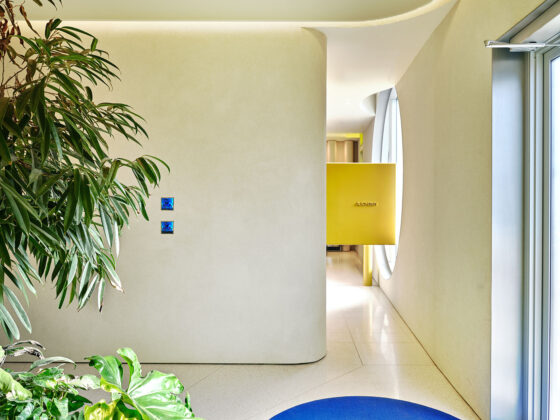
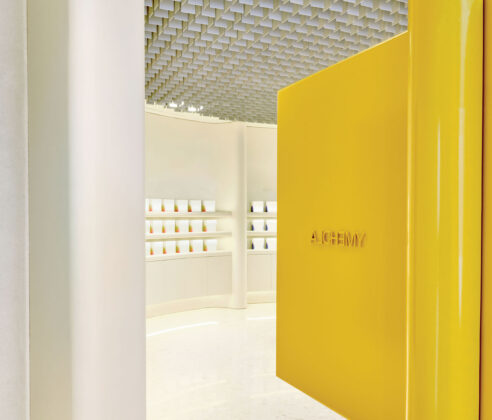
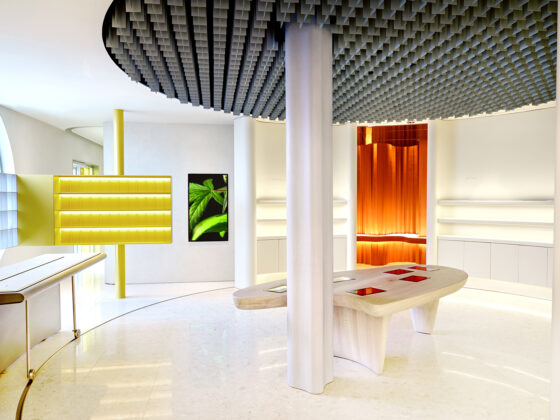
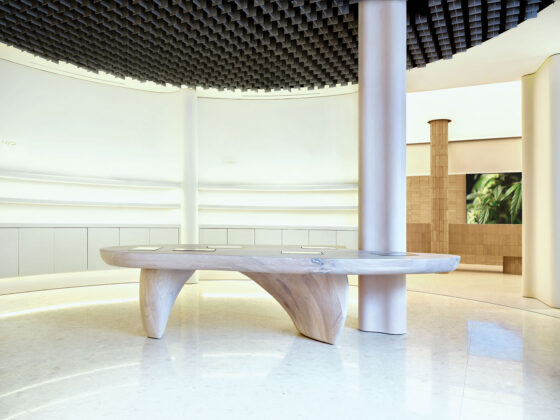
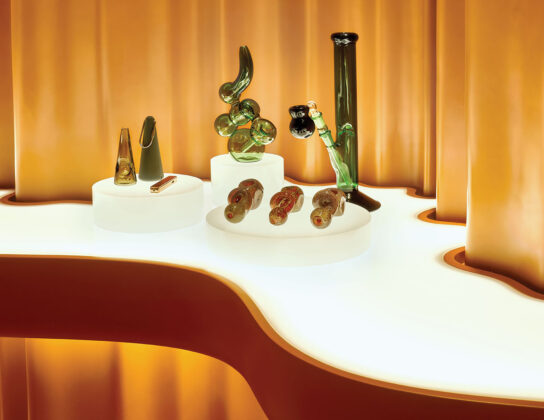

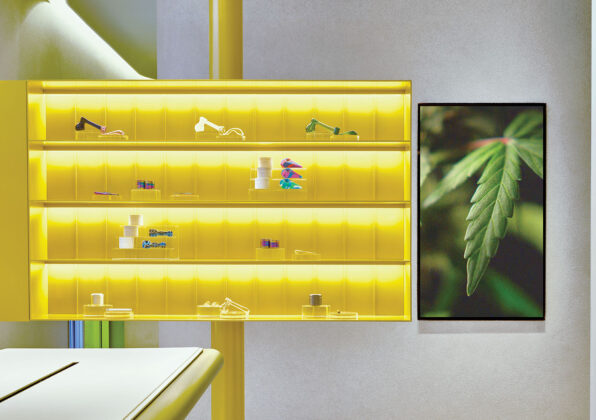
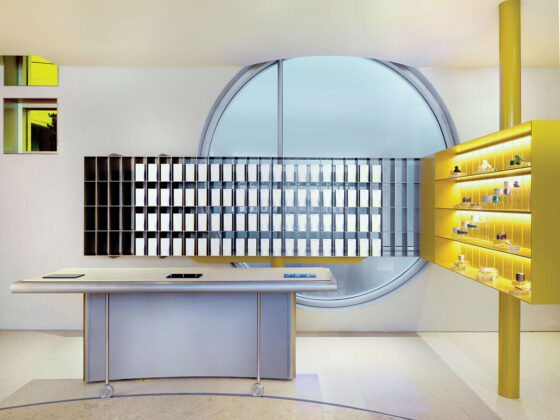
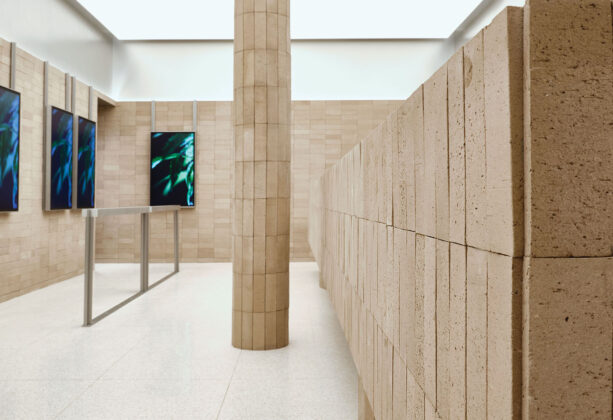
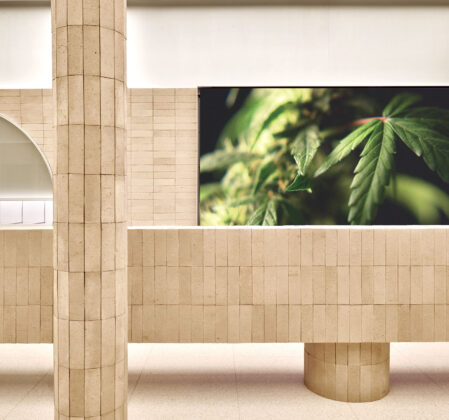
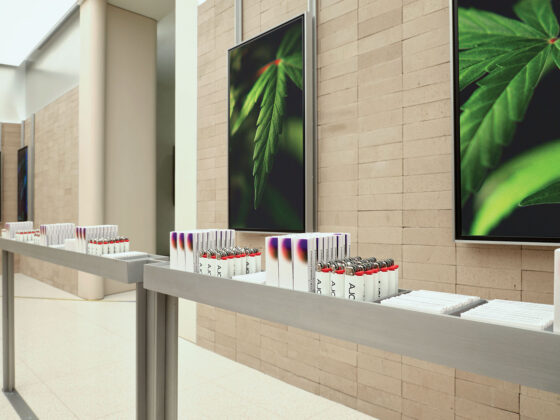


[…] desire for something local, offering tourists unique goods and residents something special. With a retail experience on par with those found in Zurich, Munich, and other global destinations, providing a curated […]